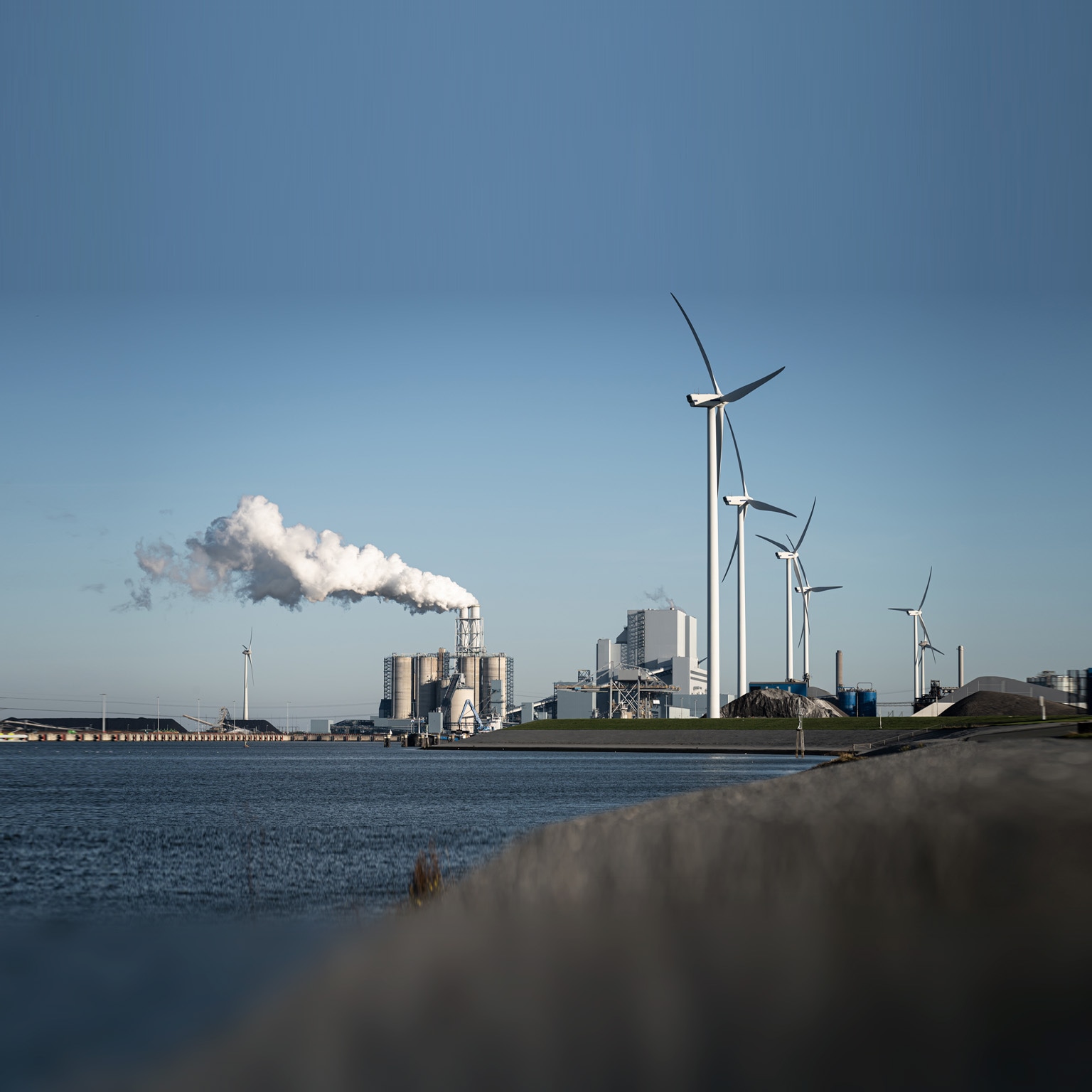Is our Economic Perspective right?
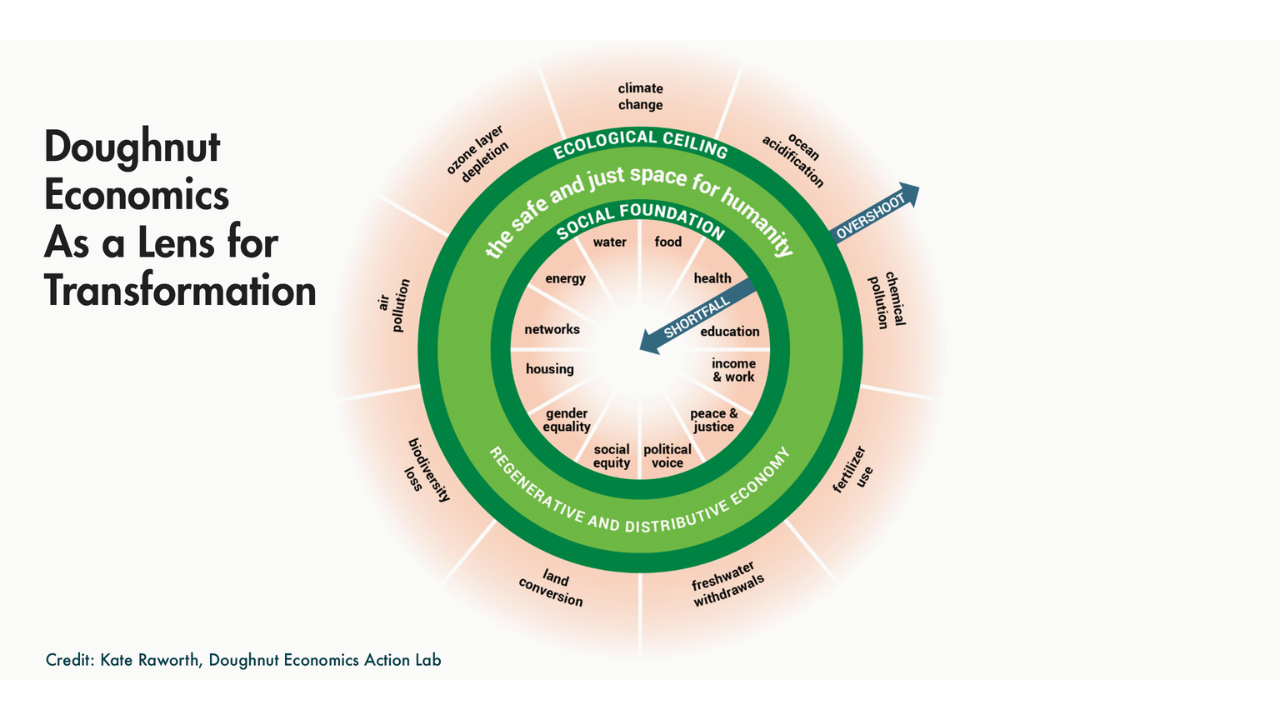
How do we generalize and perceive the world has an impact on our success and failure factors. Success is not set in stone, it is subjective and can be interpreted in millions of formats. For instance, a person could have a millions of dollars and still might lack the necessary juice of life, deeming him successful or failure? It depends. It depends on the way you define your success criterion. Our success criterion was set in stone from the moment we started learning about the basics of economics in schools and colleges. The generic narrative being that its GDP growth is the sole success criterion for a country. The fact that India has been growing at an average rate of 6+% per annum is great, but is it the only criterion? Can we really say that India is becoming a successful country economically? Why just India, are the global superpowers including the US and China successful?
In this book, Doughnut Economics: Seven Ways to Think like a 21st-Century Economist, Kate Raworth highlights that there is a severe gap in how we set our success criterion and deems the customary way of teaching and leaning economics moot and quite unmodern. She explains that there is much beyond GDP growth and GDP per capita. In fact, there is a wholesome doughnut wherein there is a whole set of success criteria which will help us think like a 21st century economist. There is an economist amongst all of us, isn't it?
All we have been thinking

The above heatmap highlights the countries across a heat - wherein the colors represent the GDP growth category of countries in 2024 vs 2023. There is a whole lot of green in Africa and Asia, whereas the Americas are light green only because the GDP base is already quite high.
There are interesting narratives and estimates which are derived through forecasts using the global outlook we have. Below is one such impressive outlook from PwC:

The fact that India will potentially supersede the US in terms of GDP PPP seems fascinating, and maybe it is fascinating - no denying about that.
However, look at the below snippet:

The question is - will the rich economies become sustainable enough? Will they be able to sustain its people, natural resources, or sustain satisfaction and happiness? Maybe they do, but the narrative usually is to increase money rather than to increase the focus on sustainment.
Recently, India reached 5th spot in terms of the GDP size, but at the same time, Delhi became the world's most polluted capital in the world. We are doing great, but we have to do a little better. What will the economy do if we are not able to sustain our resources and the most basic thing available to humans - air to breathe.

The problem lies because we talked about India's GDP much more than its capital's unbreathable air, because of the way we have been taught about economics in general, and because of the way we have accepted the world as is.
This is where this book Doughnut economics comes to play - it does give importance to generic economics but makes us think about economics not just in terms of money but in terms of several factors.
Introduction to Doughnut Economics

Doughnut economics is a framework wherein the world should be focused on the money but should also focus on other ecological and sustainable factors to make this world a livable and happy place. It makes sure that it accounts for the factors so that we don't overshoot in terms of the pressure on our earth's resources.
The twelve dimensions of social foundation include: food, water, health, education, income, peace, political voice, social equality, gender equality, housing, networks and energy.
The goal of a successful economy should be to enable all these twelve factors and stay within boundaries of the ecological ceiling.
Beyond this ceiling lies climate change, ocean acidification, chemical pollution, nitrogen/phosphorous loading, freshwater withdrawals, land conversion, biodiversity loss, air pollution and ozone layer depletion.
In her book, Kate beautifully explains this concept and how this can be achieved by the countries.
The role of business
Kate explains that its not just the political parties and global leaders, even business leaders can think about the economics differently and more sustainably.

Above figure explains the framework as to how a leader can ask 4 types of questions to create a benchmark of "success". Even thought process will go a long way.
How climate capitalism can help?
What if - we would turn our capitalism mindset from money and also spread it horizon to climate. 68% of the countries, in lieu of the global pressure, have declared the goal of net zero emissions by a certain year (2050/2060). However the goals that we had set - how many countries have actually met those? Its too few. Its because we are so busy in achieving the "more important" goals, which in fact are equally important, but we should understand that our sustaining our earth is important too. Without that, we might not be able to enjoy other things.

Some authors and journalists suggest that reforming the capitalistic mindset might be the only way to achieve net zero.
Also, it is not going to be easy. Especially for a country like India, which is in its growth phase and is coming out of poverty, to becoming an economic giant. The growth will come at a price but the focus should be that growth and sustainment have to co-exist - not easy but possible.
Some great initiatives
Earth4All is a great initiative which focusses on accelerating the system change to achieve a future on our finite planet.

Earth4All suggests 15 policy levers to enhance the well being of the earth as shown below:

Earth4All has also gathered innovative ideas about the economics - which are beyond the traditional ways of thinking about economics.

Closing Thoughts
To summarize, the world is much beyond GDP - money is absolutely important for creating jobs, increasing standard of living, complete on the global stage. At the same time, too much focus on GDP deviates us from the right path towards the 21st century economy goals - which is to sustain our earth in robust and ecological manner. Its not even important to adopt doughnut economics, but what would help is to create better frameworks for benchmarking success in terms of economic goals.
Sources

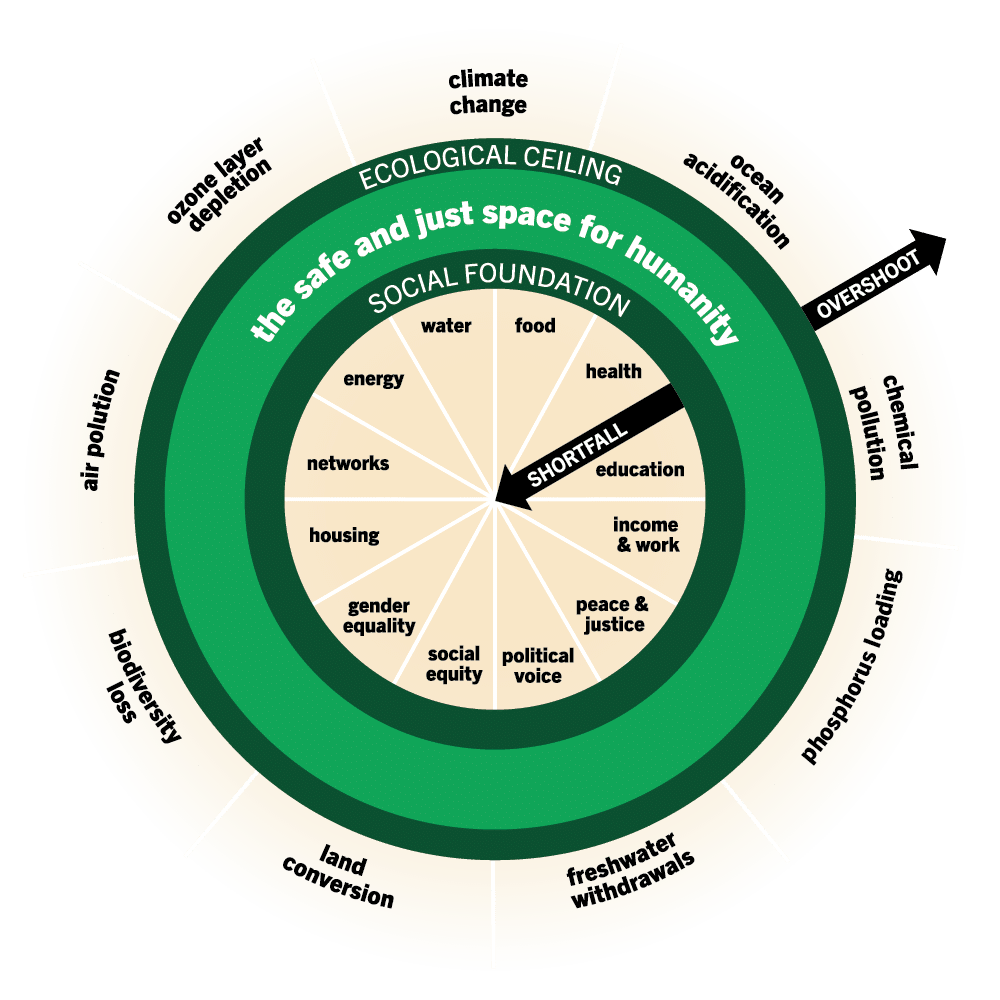
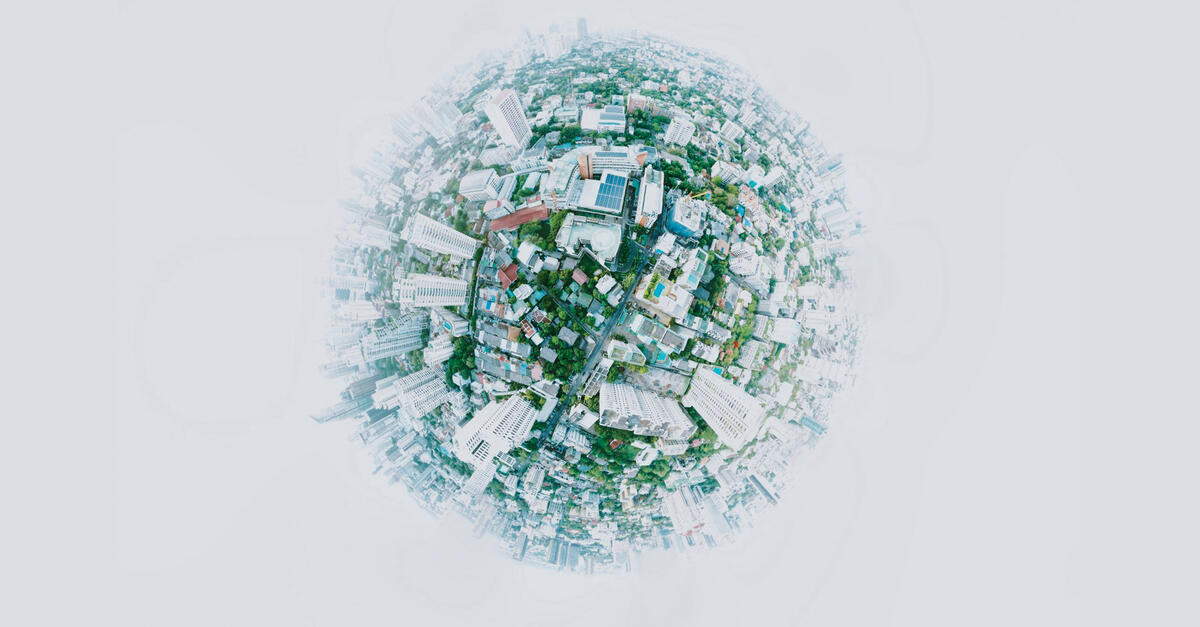
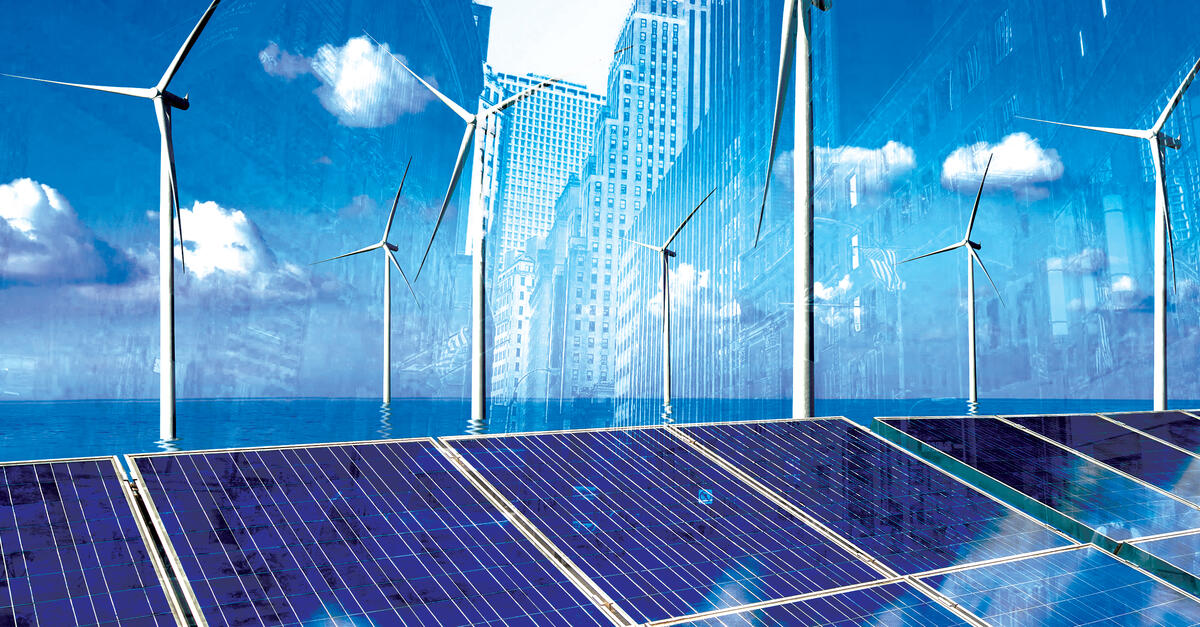
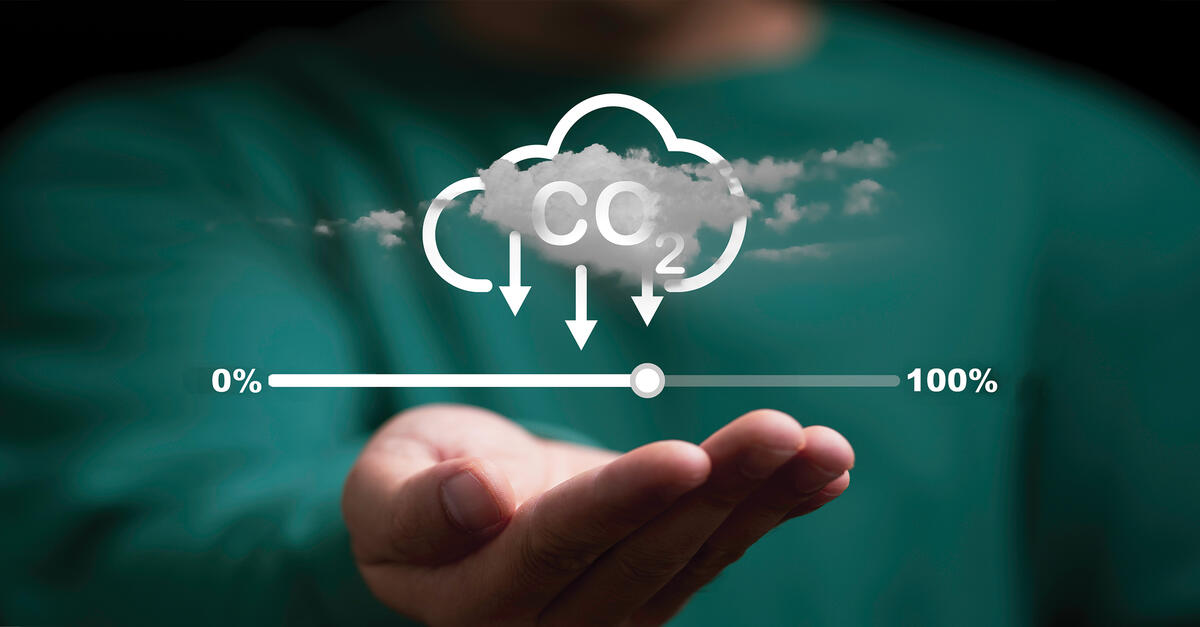
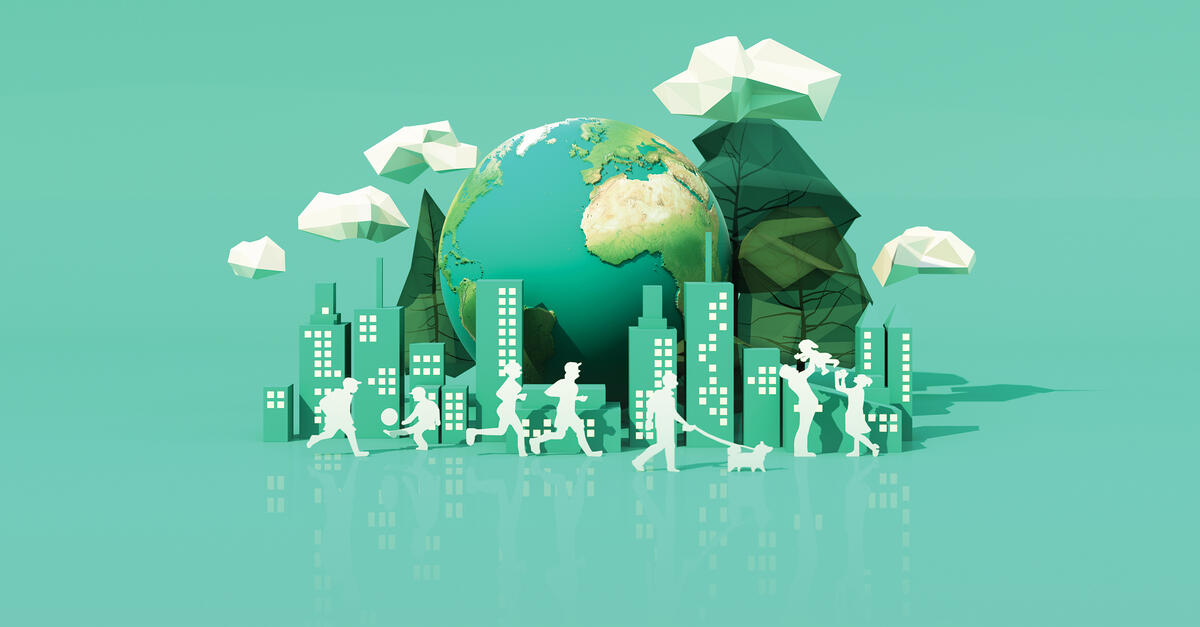



https://www.imf.org/external/datamapper/NGDP_RPCH@WEO/OEMDC/ADVEC/WEOWORLD
